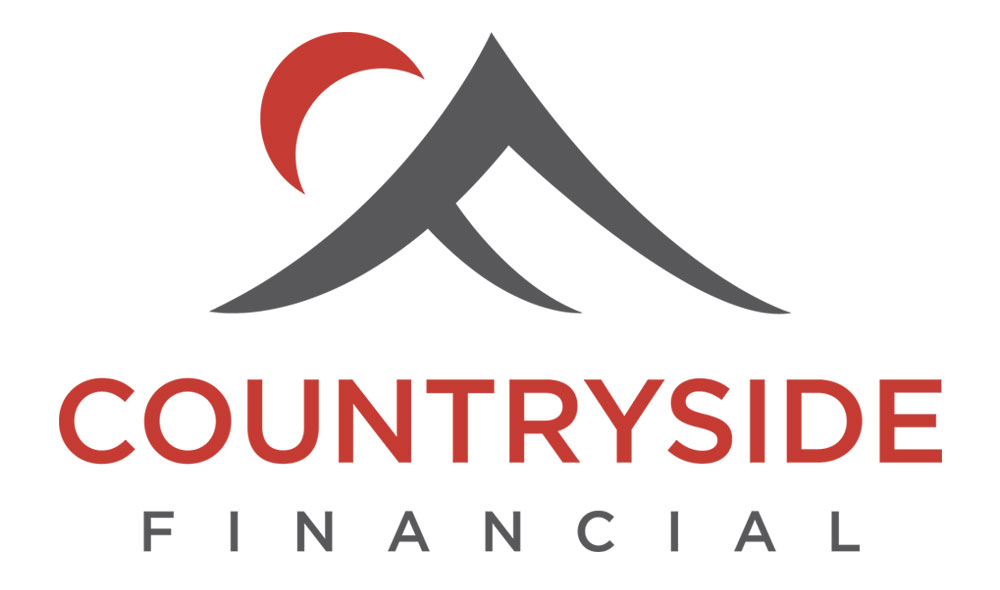Unconditional Offers
If you’re planning to buy a new home, you will make an offer* to start negotiations with the homeowner on the house you’ve chosen. There are two basic types of real estate offers: a conditional offer and an unconditional offer.
Conditional Offers. Conditional offers are the most common type of offer. Conditions are inserted into a buyer’s offer with specific dates to meet said conditions. The most common conditions are financing, home inspection and condo documents review (but may include others as well). A condition clause affirms that if the buyer could not obtain financing, a home inspection is unsatisfactory or if the condo docs are inadequate for example, the buyer does not have to proceed with the deal.
Unconditional Offers. An unconditional offer is an offer to purchase with no conditions at all. If a buyer makes an unconditional offer that is accepted, it’s a firm deal. If the buyer can not obtain financing, a home inspection (if done at all) is unsatisfactory or if the condo docs are inadequate, it does not matter as the buyer has committed to proceed with the deal (or face the consequences).
A concerning trend is transpiring. Buyers making unconditional offers on a new homes. It is understandable in such a heated market, especially when a buyer may be competing with multiple other buyers. A competitive real estate market means that sellers may give preference to offers with no conditions attached.
This is very risky. If a buyer needs a mortgage to purchase a property… I would not advise a buyer to make an unconditional offer. Even if a buyer is pre-approved, it is not a guarantee the buyer will meet the closing finance conditions required. Unfortunately, situations happen and employment, credit, debt level, etc can change which may affect a pre-approval becoming an approval. Moreover, mortgage pre-approvals only consider the applicant upfront, not the property itself. The property – value, marketability, condition – is just as important. If a property appraisal is required, CMHC and/or the lender, may not agree with the purchase price.
A heated market may not support a purchase price significantly higher than recent comparables and a lender will not mortgage higher than a property’s appraised value. This situation requires the buyer to pay cash for the difference or seek out additional (more costly) financing to make up any shortfall. Often times a stressful situation.
Making a conditional offer, with a reasonable timeframe to meet those conditions … makes for a less risky real estate purchase.
*An Offer to Purchase is a standard form legal document used to outline a potential real estate transaction between two parties. Please speak with a real estate professional about all the particulars.*
Candace Perko,
Mortgage Broker























